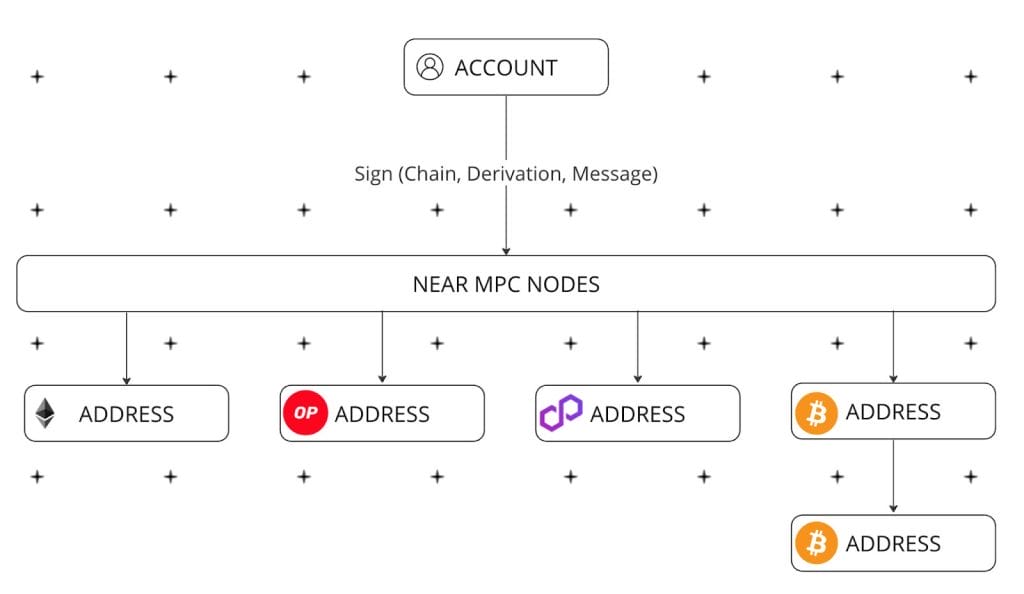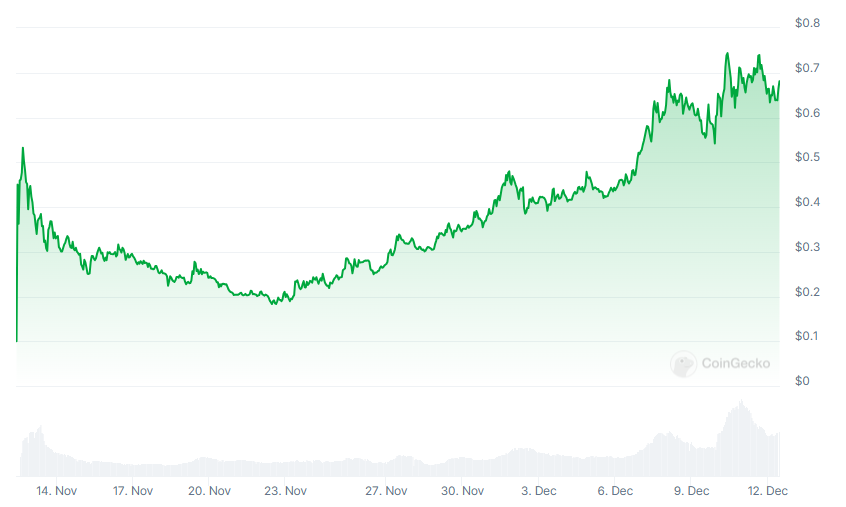A crypto project built by some of the world’s largest high-speed traders will launch on Wednesday, the first step its backers see as a “potential game changer” for trading stocks and other assets on blockchain technology.
The Pyth Network has persuaded companies such as Jump Trading, Virtu Financial, GTS, Hudson River Trading and DRW Cumberland to put aside their traditional rivalry and join forces to explore the potential of decentralised finance, or DeFi.
The project, which only began in April, has also drawn in US stock exchanges IEX and MIAX Pearl, currency venue LMAX and crypto derivatives exchange FTX as its momentum grows.
Pyth (rhymes with myth) seeks to change how market data is distributed. Banks and traders have long complained about the data fees charged by exchanges and the legal restrictions they face to redistribute or own data they helped create. David Mercer, chief executive of LMAX said Pyth could “revolutionise and democratise market data provision”.
DeFi offers a chance to build an alternative system, its backers say, because a blockchain guarantees the provenance of an asset and its owner.
For the latest news and views on fintech from the FT’s network of correspondents around the world, sign up to our weekly newsletter #fintechFT
Sign up here with one click
The traders and exchanges’ developers have built Pyth to be a bridge between traditional markets and the crypto world, known in industry jargon as an “oracle”.
Pyth collects and distributes data on stock, conventional currency, crypto and commodity deals supplied by the high-frequency traders and exchanges and puts it on a blockchain, or distributed ledger. That data can be used in other crypto trading projects.
Pyth anonymises the data and publishes the symbol of the asset, such as Apple or Bitcoin, an aggregate value and a confidence level, which reflects how far Pyth believes the broader market price is from its own prices.
David Olsen, president of Jump Trading, an early supporter of the project, described Pyth as “hugely exciting”. “It remains to be seen how it develops. The wide range of outcomes remains one of the most intriguing developments of Pyth,” he said.
Pyth is built on the Solana blockchain because it can handle 50,000 trades per second, a scale that puts it on a par with Visa, the payments company, and exchanges such as Nasdaq. Most blockchains can only handle a handful of deals per second.
“[Current blockchains] aren’t for trading on but they’re very valuable for valuation purposes. Pyth has the best chance of becoming the capital markets oracle,” Mercer told the Financial Times. “Still, we have to be prepared for it to fail.”
Solana has been backed by venture capitalists Andreessen Horowitz and Polychain Capital, and Alameda Research, the cryptocurrency market maker co-founded by FTX chief Sam Bankman-Fried.
At present there is no digital token connected with Pyth, and the developers are finalising the governance structure that will mean users decide how it will develop in the future.
Crypto data project backed by big high-speed traders set to launch



